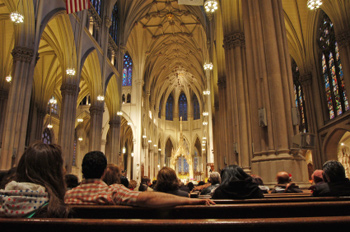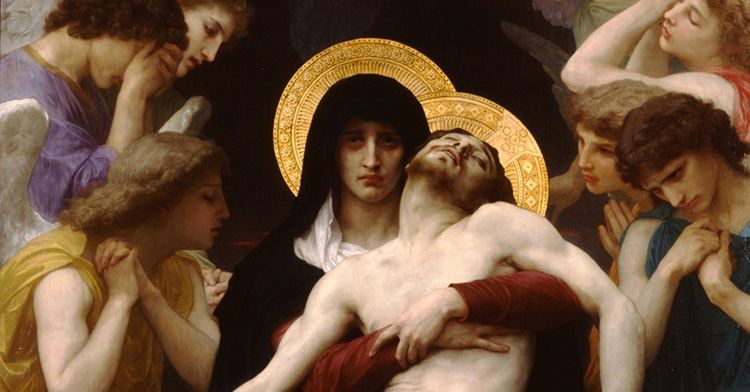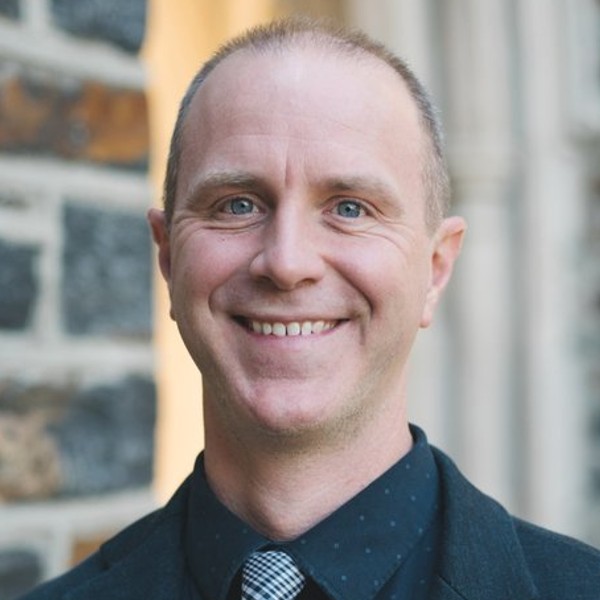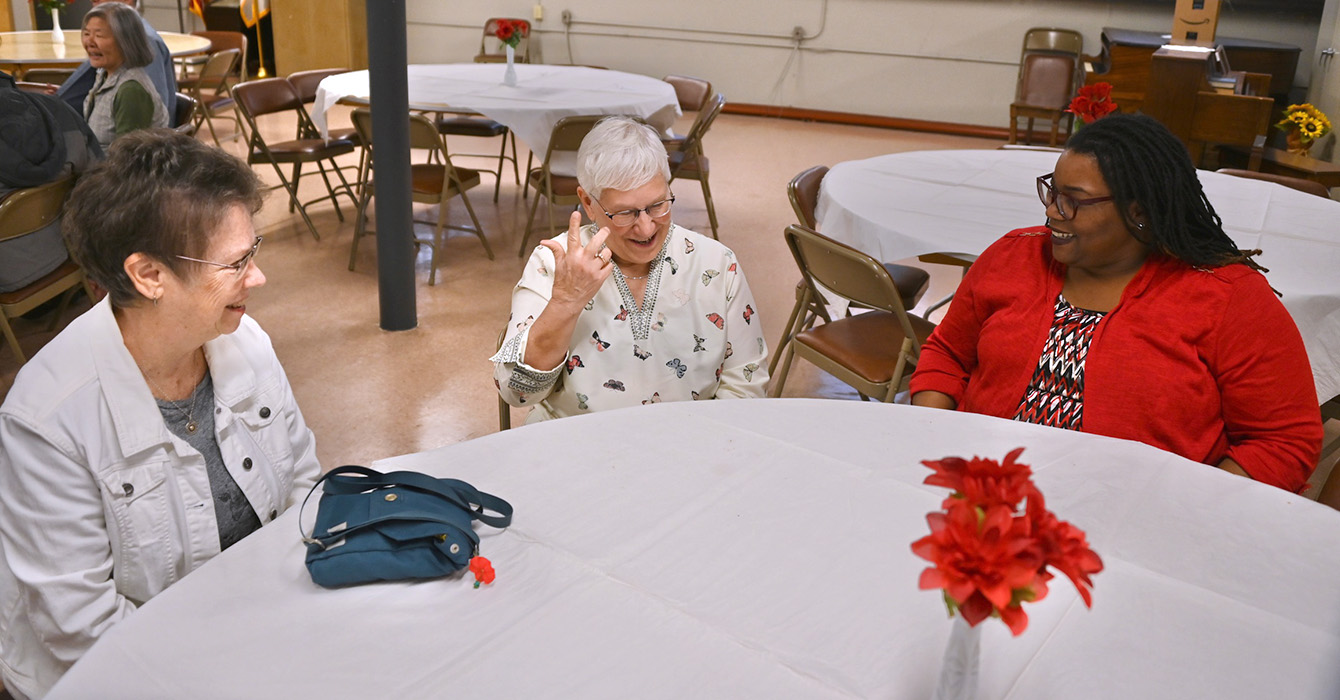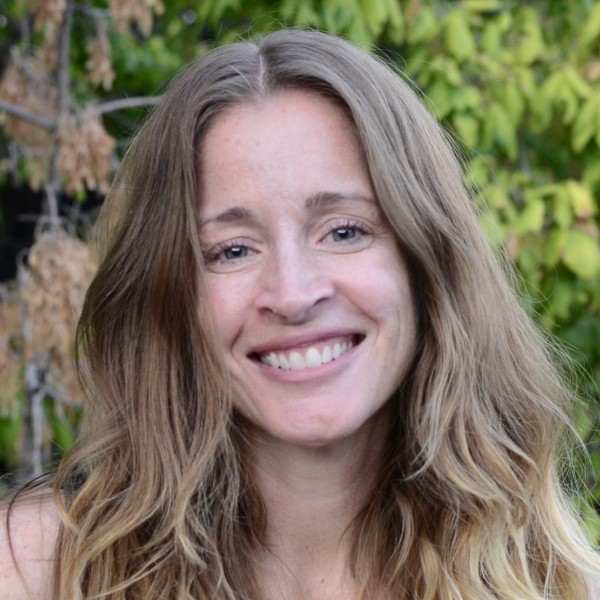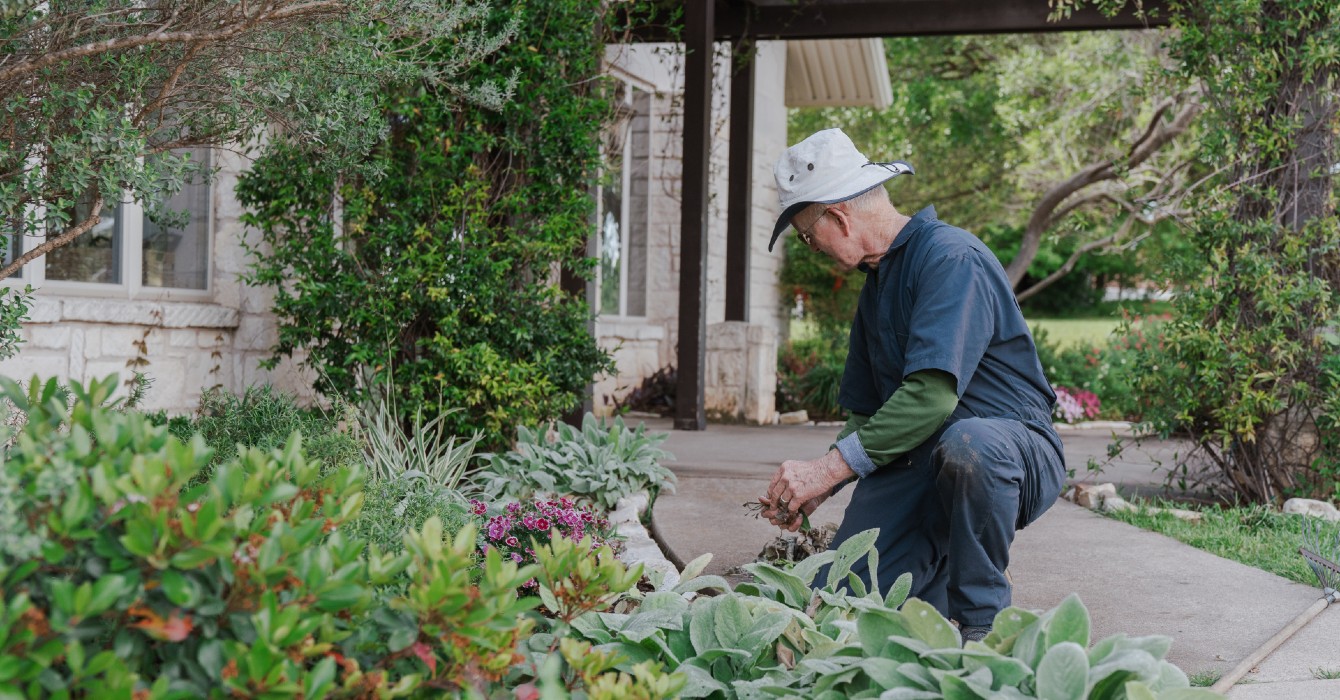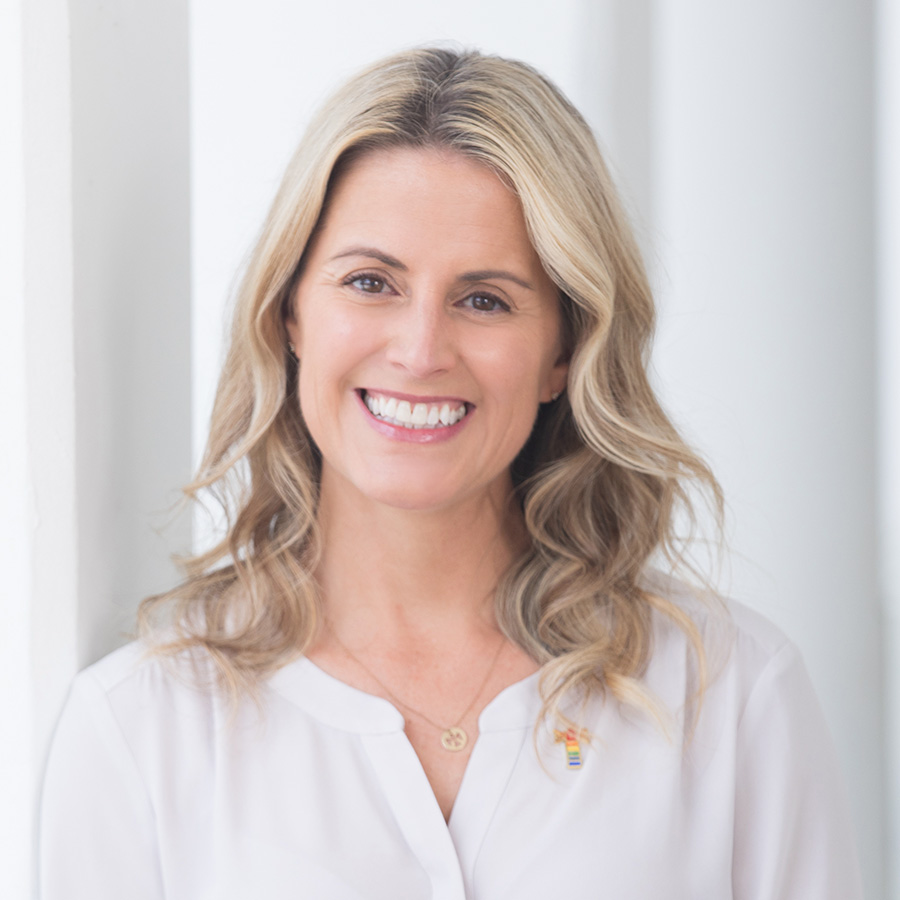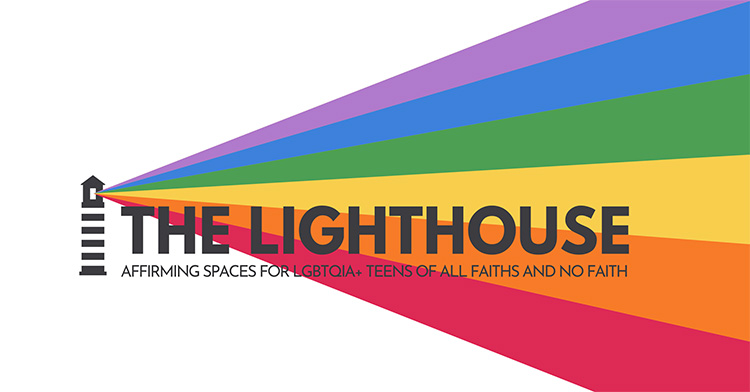I traveled up to New England from Washington, D.C., last month for my five-year reunion, joining some friends with whom I had spent four years at a small Catholic college atop a hill in verdant New Hampshire.
For two days -- an entire weekend -- we wandered around campus, drove out to the shore and stayed up late, reminiscing about our time together and updating each other about our lives since graduation.
Just days before, the monks who run the school had elected a new abbot to serve as the spiritual leader of their Benedictine community and chancellor of the college. On Sunday morning, he celebrated Mass in the Abbey Church for the alums still on campus.
I dragged myself out of bed, walked up the hill and attended Mass. My friends, who had always gone to church with me when we were in college, did not. Instead, we met afterward for brunch in the dining hall to talk about the weekend, enjoy a final meal together and say our goodbyes before traveling back home.
During the Mass, I looked around and noticed a mostly older crowd. Maybe younger alums had partied too much the night before and were already feeling their age. But I suspected that something else explained the demographics.
As a Catholic in my mid-20s, I’ve long known that peers from every chapter of my life have largely fled the church. Some are openly hostile. Some are ambivalent. Most just don’t care.
My friends’ abandonment of faith is remarkable to me. Growing up, it was such a central part of our lives that we could never have imagined it one day being irrelevant. But my friends are hardly unique.
The 2012 Millennial Values Survey, a project of the Public Religion Research Institute and Georgetown University, found that this is a very real trend across all denominational families, but especially so for Catholics and mainline Protestants. Clearly, those in my cohort, the so-called millennials, are drifting away from church, and I suspect that the ranks of the unaffiliated will only continue to grow.
Recently, CNN explored why some Catholics, both young and older, are leaving their church. Among the reasons cited were a general feeling that spiritual needs can be fulfilled better elsewhere, disagreement with church leaders on gender and sexuality issues, and the role of women in the church -- factors that others, including many in the Millennial Values survey, have cited as well.
The analysis sounds about right to me. On same-sex issues and LGBT rights generally, survey after survey shows a widening gap between Catholic bishops and the laity, with church leaders funding and staffing campaigns to derail same-sex marriage and laity largely supporting expanded rights.
Likewise, many Catholic women in their 20s and 30s have told me that they are uncertain about staying in a church that doesn’t welcome them at any level of ordained leadership. They succeed in college and the workplace but then are told that while they are welcome to participate in some aspects of church life, they and their daughters cannot be priests. So no, it’s not surprising that some Catholics who believe passionately about these issues don’t feel they have a home in the church and therefore leave.
But it’s not always easy for those of us who remain in the church either. Like many, I experience doubt and disbelief from time to time. How could I not? I was confirmed at my parish church in the Catholic Archdiocese of Boston in 2002, the same year The Boston Globe exposed the child sexual abuse cover-up that a decade later is still rocking the church in the United States and abroad.
Whatever remnants of a childlike faith I had when I arrived at college vanished when I began studying theology and reading our sacred texts closely and critically, often for the first time (I am Catholic, after all). Maybe some of the certainty was gone, some of the peace and tranquility, but in exchange I gained a stronger, deeper, more mature and more critical faith.
Later, while studying for a master’s in religion in divinity school, I would need it. There, I often worked with people who found themselves on the margins of the church. Again and again, they hit me with valid questions to which I had no solid answers.
“Why,” they asked, “would I want to be in a church that doesn’t want me around?”
“Why would I bother, when the politics of those preaching are so out of line with what I believe?”
“How can I belong to a church that discriminates against me because I am a woman?”
Once, I visited a gay student in the hospital who had tried to kill himself because he couldn’t reconcile his sexuality with his faith. I was at a loss for words.
Yet each week, I find myself attending Mass. One recent Sunday, I braved the sweltering D.C. heat and walked the few blocks from my apartment to the beautiful St. Matthew’s Cathedral, where I regularly worship. I met a friend who shares many of my frustrations with the church. We sat in a pew in the front, near the choir.
When they announced which priest was celebrating Mass, we both grinned. We knew we would hear a thoughtful, relevant and at times funny homily. Skimming the program, I recognized some hymns, including one from my childhood and another from college choir. As the procession began, I felt at peace, knowing that I was where God meant for me to be. The ritual, the silence and the familiarity of the sacrament gave comfort.
During the eucharistic prayer, as the priest consecrated the bread and wine that becomes for Catholics the actual body and blood of Christ, I closed my eyes. I pictured Jesus hiding with his disciples in a dark room, offering his peace to his unsettled followers on the eve of his death. For those few moments, the concerns and disappointments I have with the church vanished. I was with God and my neighbor. I was living out who I am called to be.
I once thought that my peers who left the church were intellectually or spiritually lazy, but I’ve since come to understand their decision. In fact, sometimes I am jealous that they were able to walk away.
But I can’t. A life of faith is difficult, but it is the life I want. It is who I am, and it is why I remain.
Sure, my faith will ebb and flow over the years. But for now I focus on living out the gospel quietly, trying to navigate a life of faith amidst doubt and uncertainty, hurt and anger, grateful for the moments of joy that sustain me.


